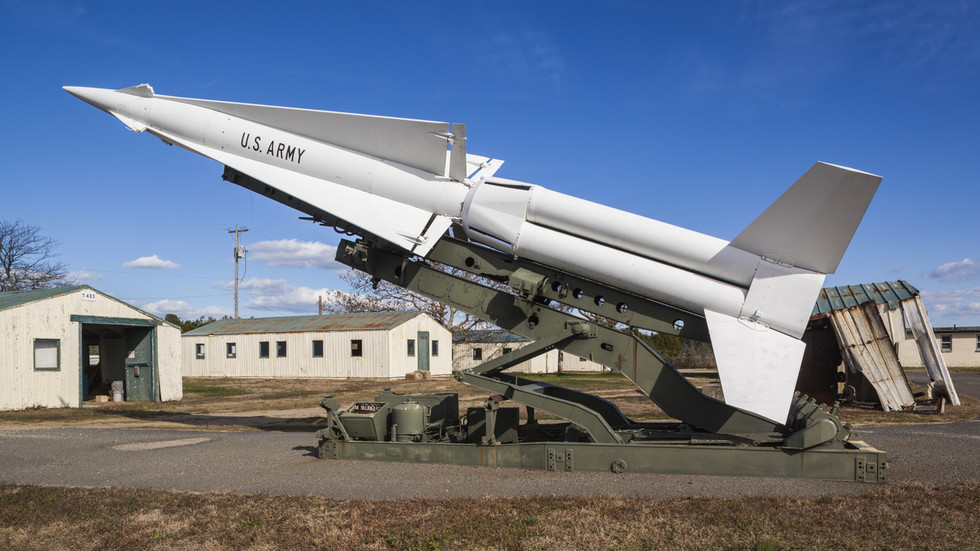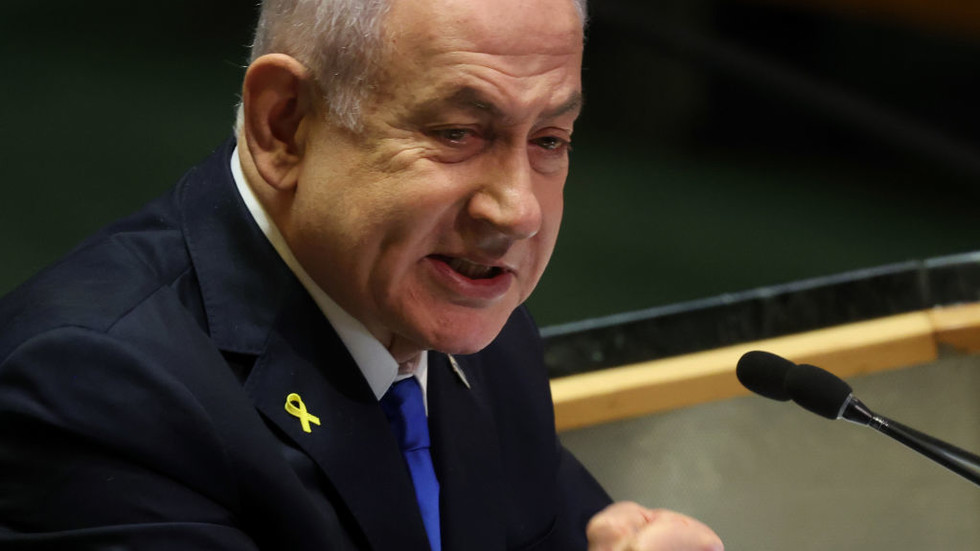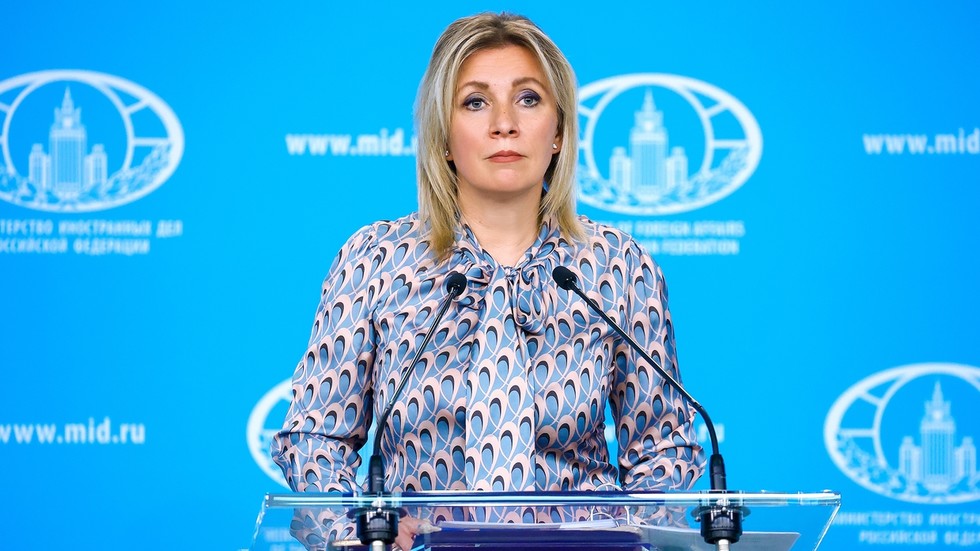London could have “designed” the bill to shift the burden to Dublin, Micheal Martin has told The Telegraph
Migrants are flocking to Ireland in greater numbers since the UK passed a bill allowing illegal immigrants to be deported to Rwanda, Irish Deputy Prime Minister Micheal Martin has claimed.
Britain struck a five-year agreement with Rwanda in April 2022 for illegal immigrants to be sent to the landlocked nation while their asylum claims are processed. However, the European Court of Human Rights (ECHR) intervened to block the first deportation flight two months later, and the UK’s Supreme Court ruled the scheme unlawful last November.
Earlier this week, the British parliament approved the Safety of Rwanda Bill, which the government says will clear the way for flights to begin within three months.
The approval is already “impacting on Ireland,” Martin told The Telegraph on Thursday. Following the bill’s passage, migrants are “fearful” of staying in the UK and have entered Ireland en masse “to get sanctuary here and within the European Union as opposed to the potential of being deported to Rwanda,” he added.
Earlier this week, Irish Justice Minister Helen McEntee revealed that more than 80% of asylum applicants in Ireland are entering the republic from Northern Ireland.
Checkpoints along the Northern Irish border were abolished in 1998 as a condition of the Good Friday Agreement, which largely ended decades of sectarian violence, known as ‘The Troubles’, in the British region. At present, asylum seekers who have entered the UK illegally can freely walk into Ireland across this border.
According to Martin, the British government may have passed the deportation bill knowing that it would shift the burden of dealing with illegal immigration to Ireland. “Maybe that’s the impact it was designed to have,” he told The Telegraph.
Ireland has experienced a surge in immigration in recent years. The country has taken in more than 100,000 Ukrainian refugees since 2022, and more than 13,000 people from other countries have applied for asylum in Ireland annually since then. According to Ireland’s International Protection Office, Nigerians accounted for 15% of all asylum applicants last year, followed by Algerians, Afghans, Somalians, and Georgians.
With Ireland in the depths of the EU’s worst housing crisis and with public services struggling to accommodate the new arrivals, this influx has set off a wave of public discontent. Protests are commonplace outside sites chosen by the government to house immigrants, and several of these sites have been set on fire by locals.
Six people were arrested on Thursday night after demonstrators clashed with armored riot police in the village of Newtownmountkennedy, County Wicklow, where the government plans to house 160 asylum seekers. Earlier this week, Integration Minister Roderic O’Gorman told the Irish broadcaster RTE that the site in Newtownmountkennedy is “one of the locations” where hundreds of male migrants living in tents on the streets of Dublin will be moved.
According to an opinion poll published in January, seven in ten Irish people think the state has taken in too many refugees.

 6 months ago
30
6 months ago
30









